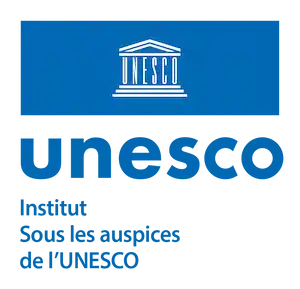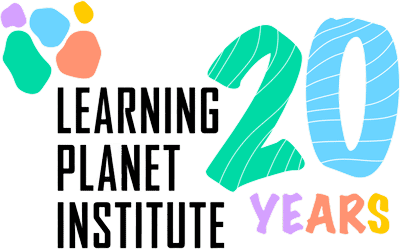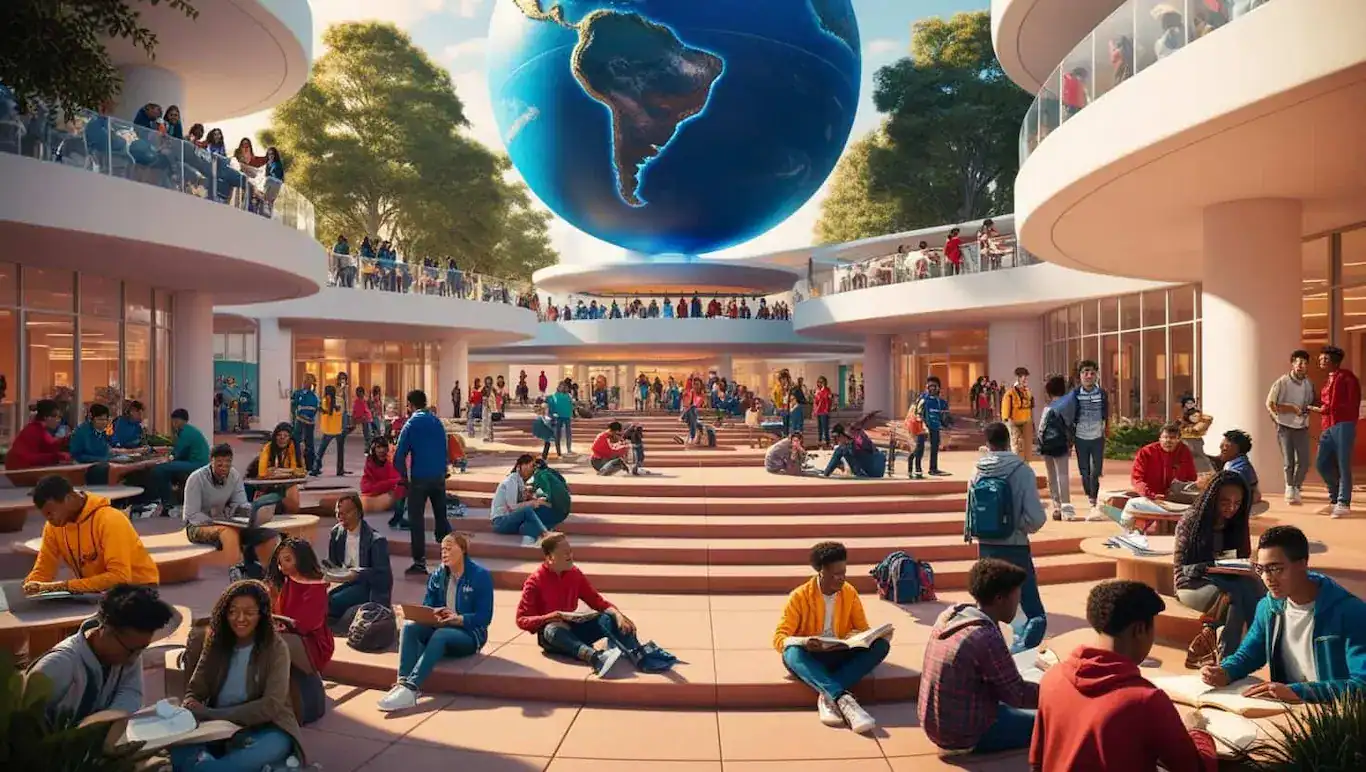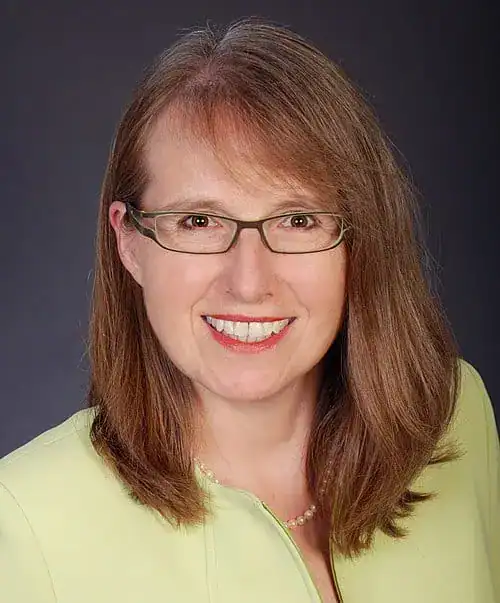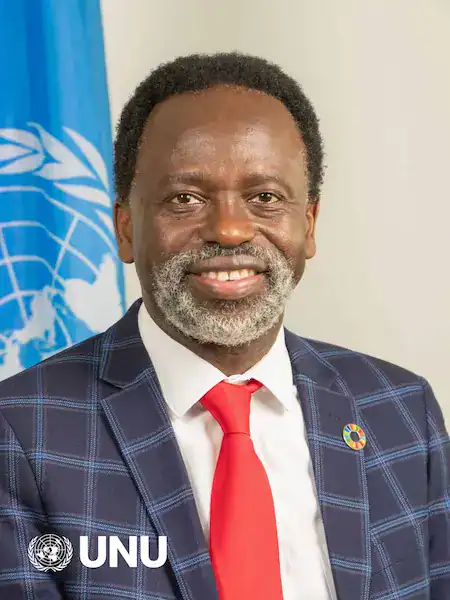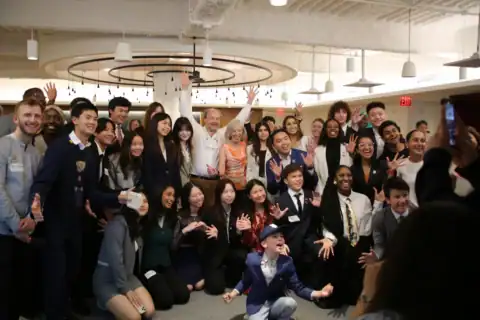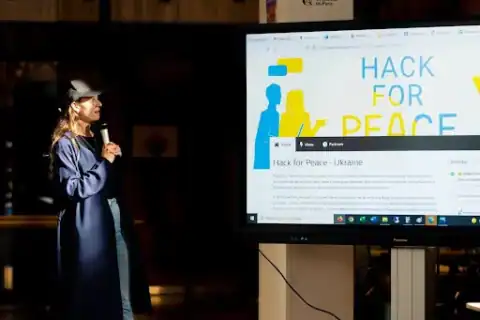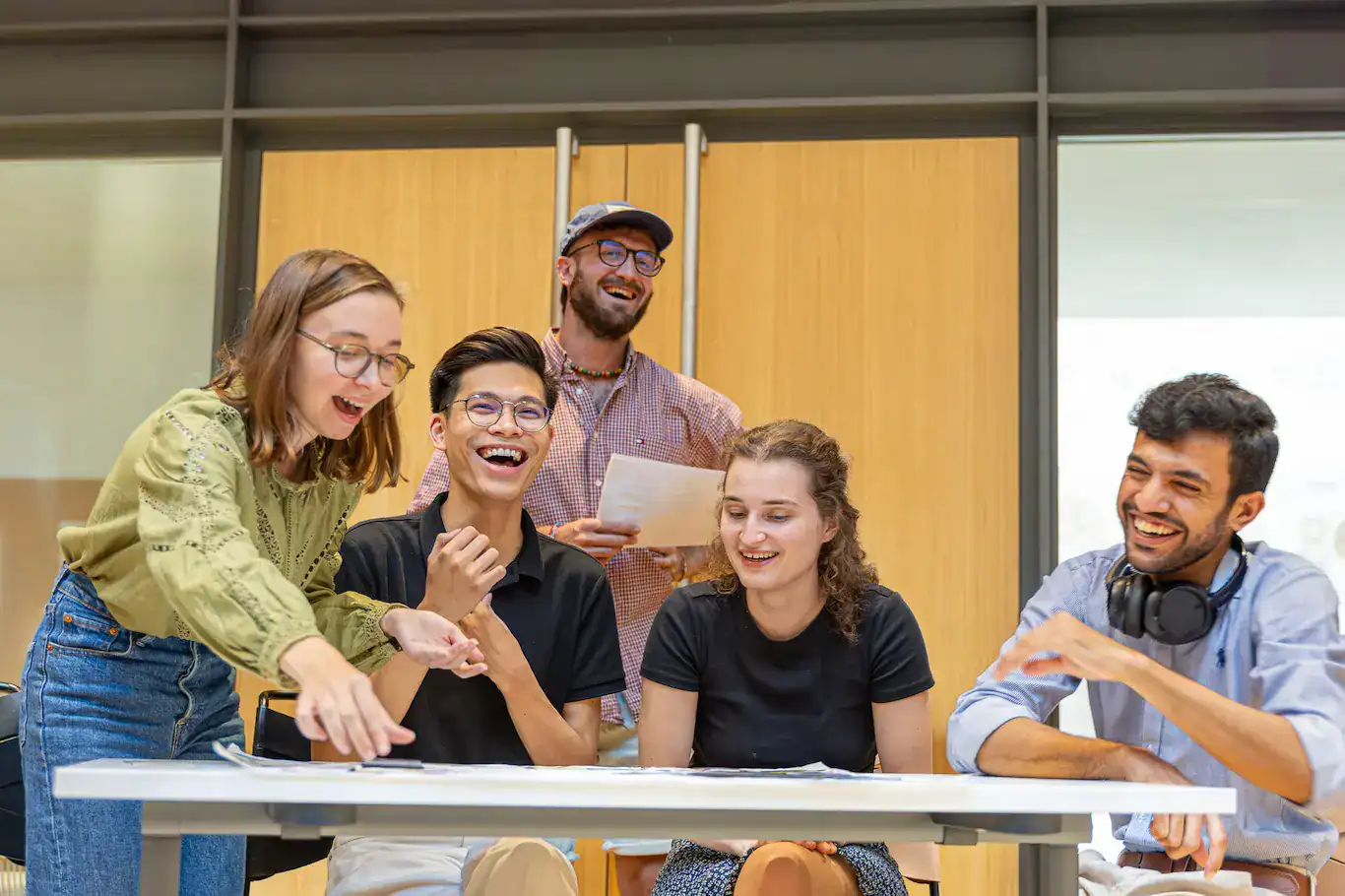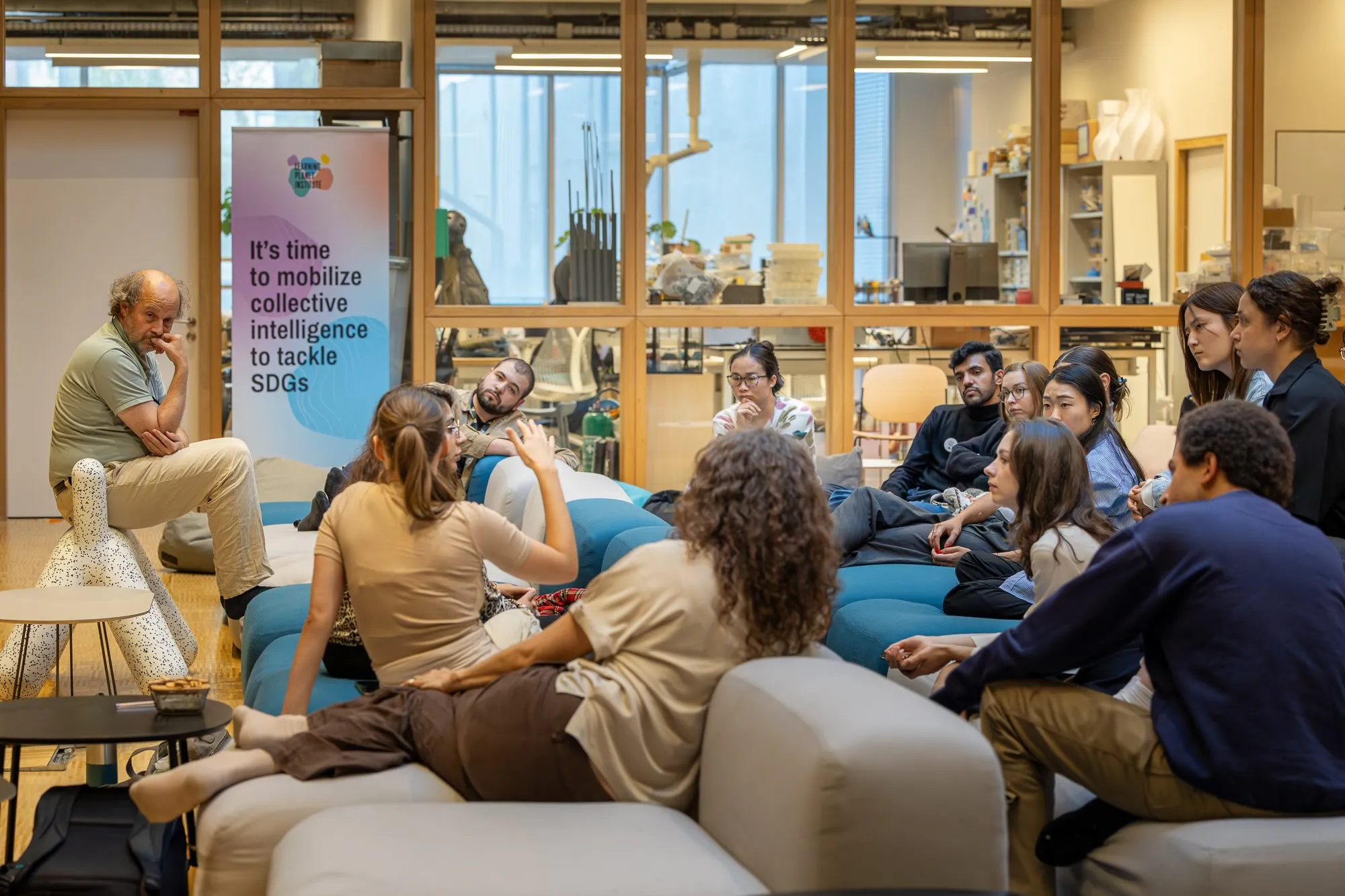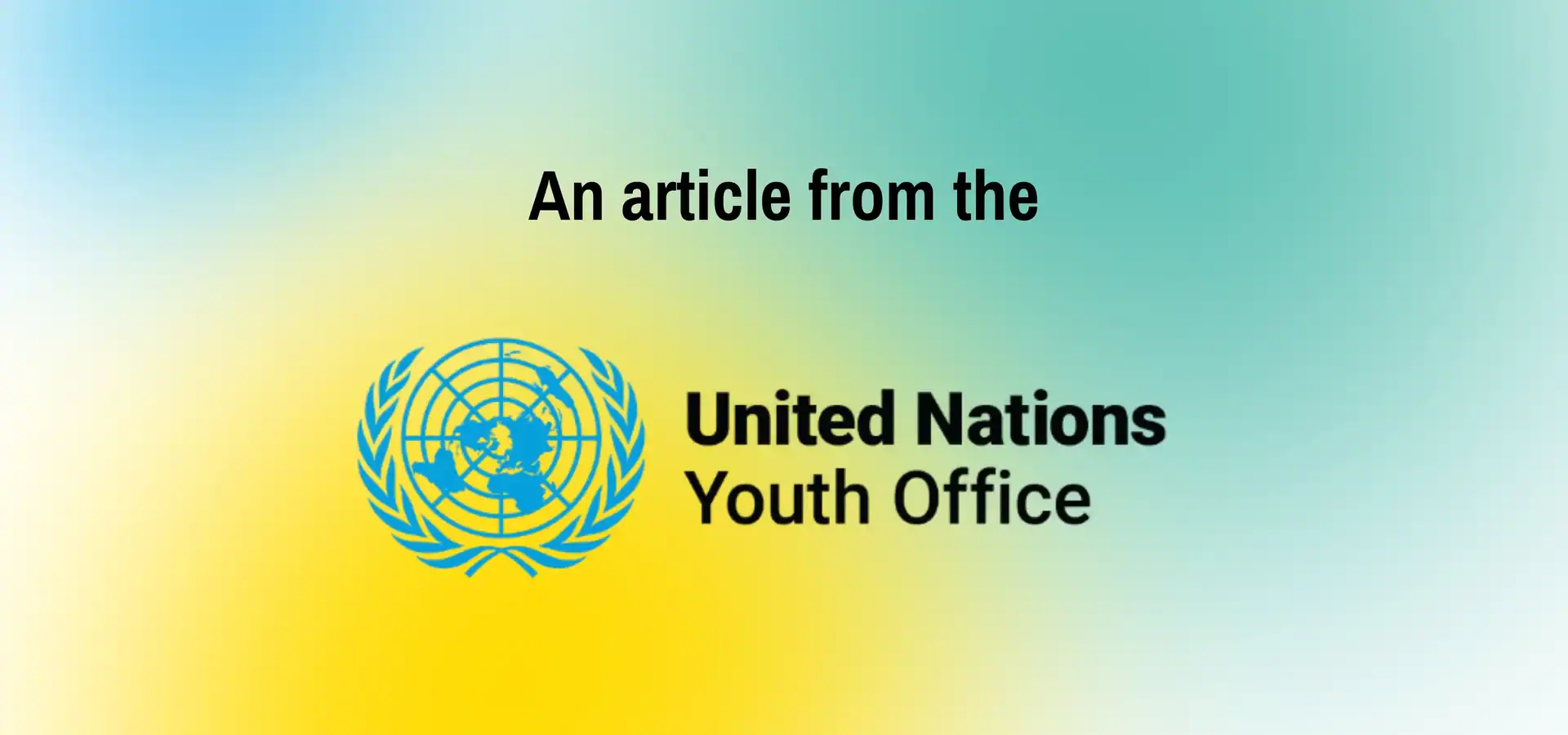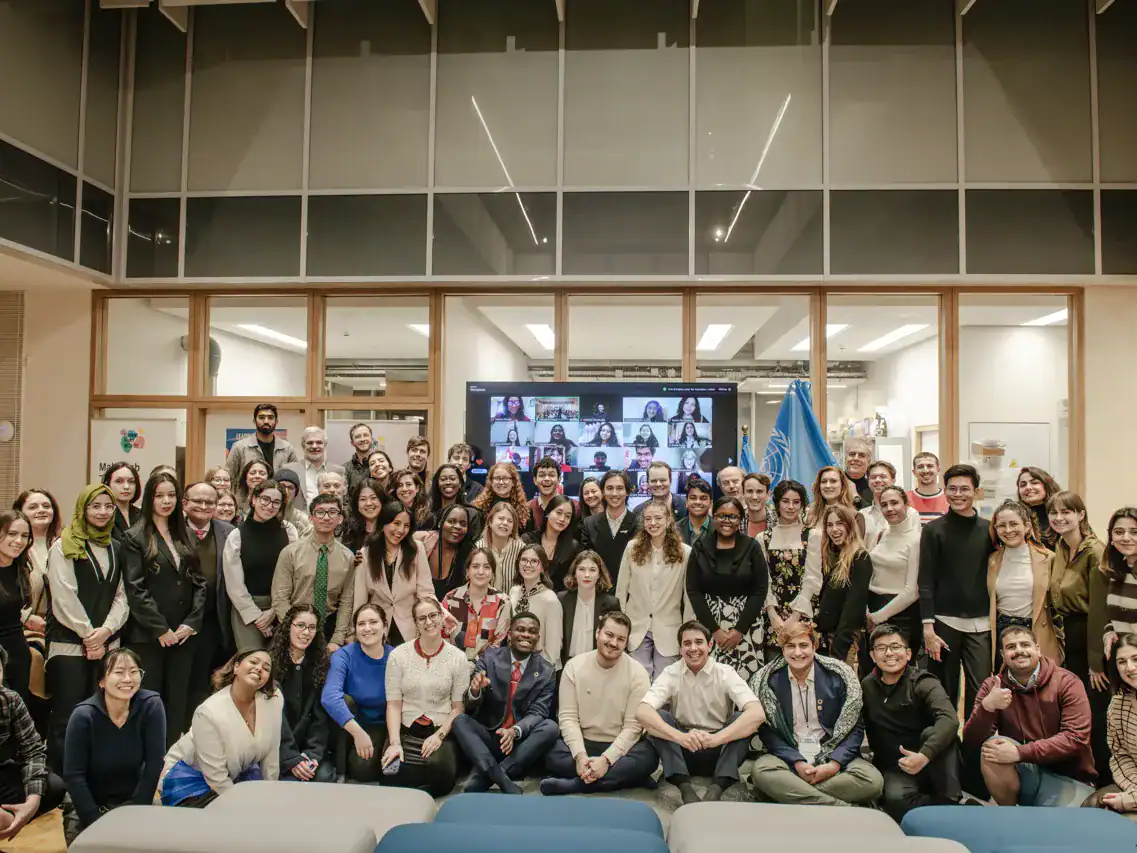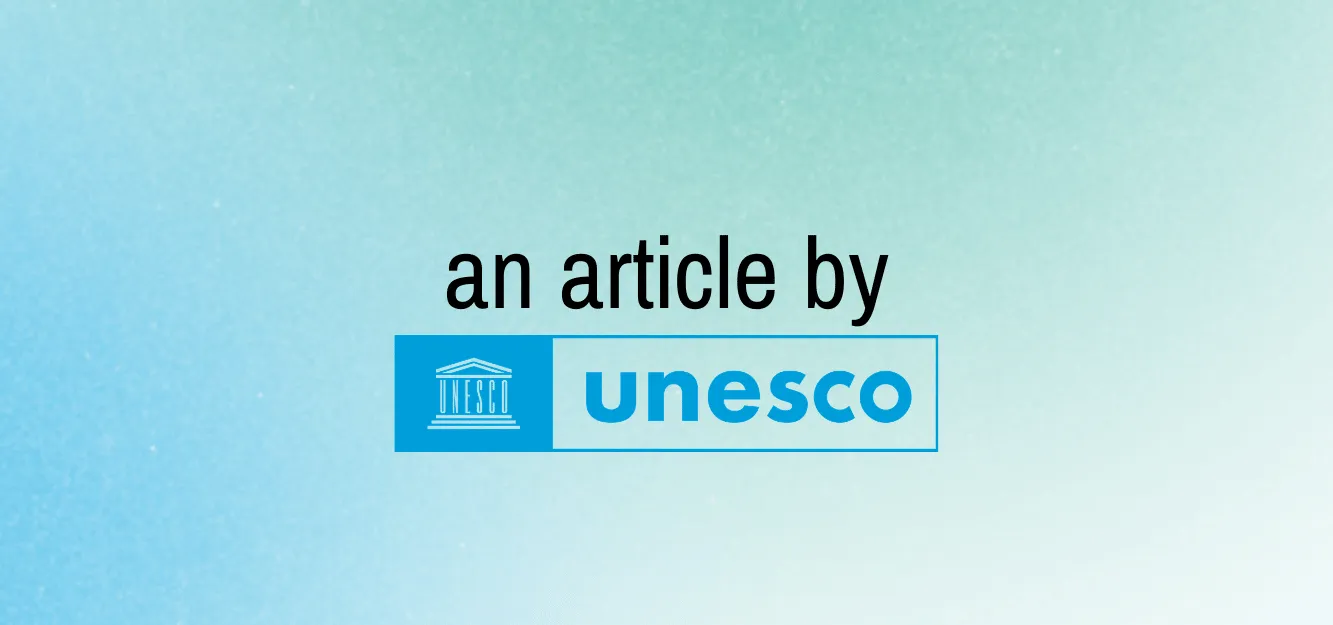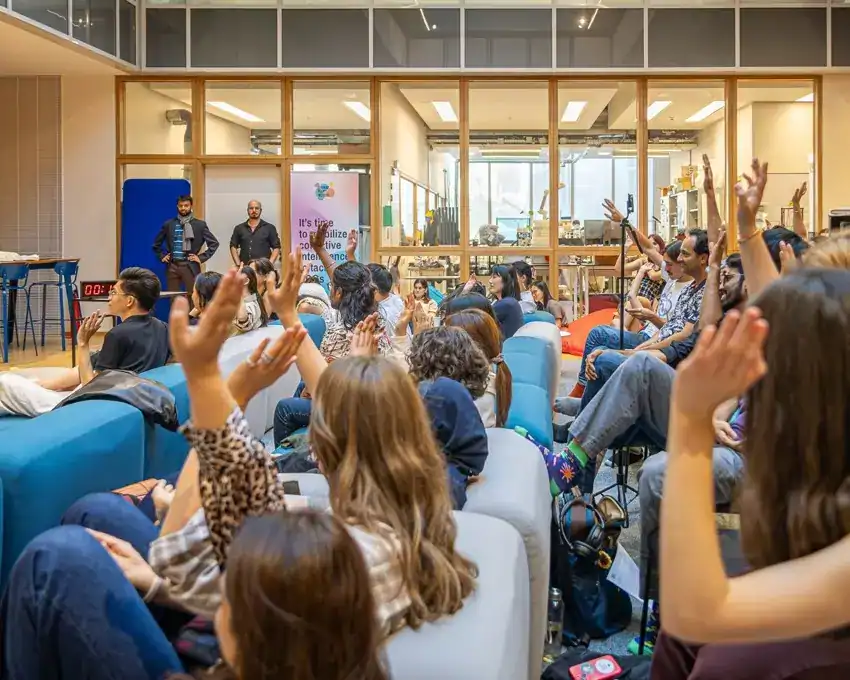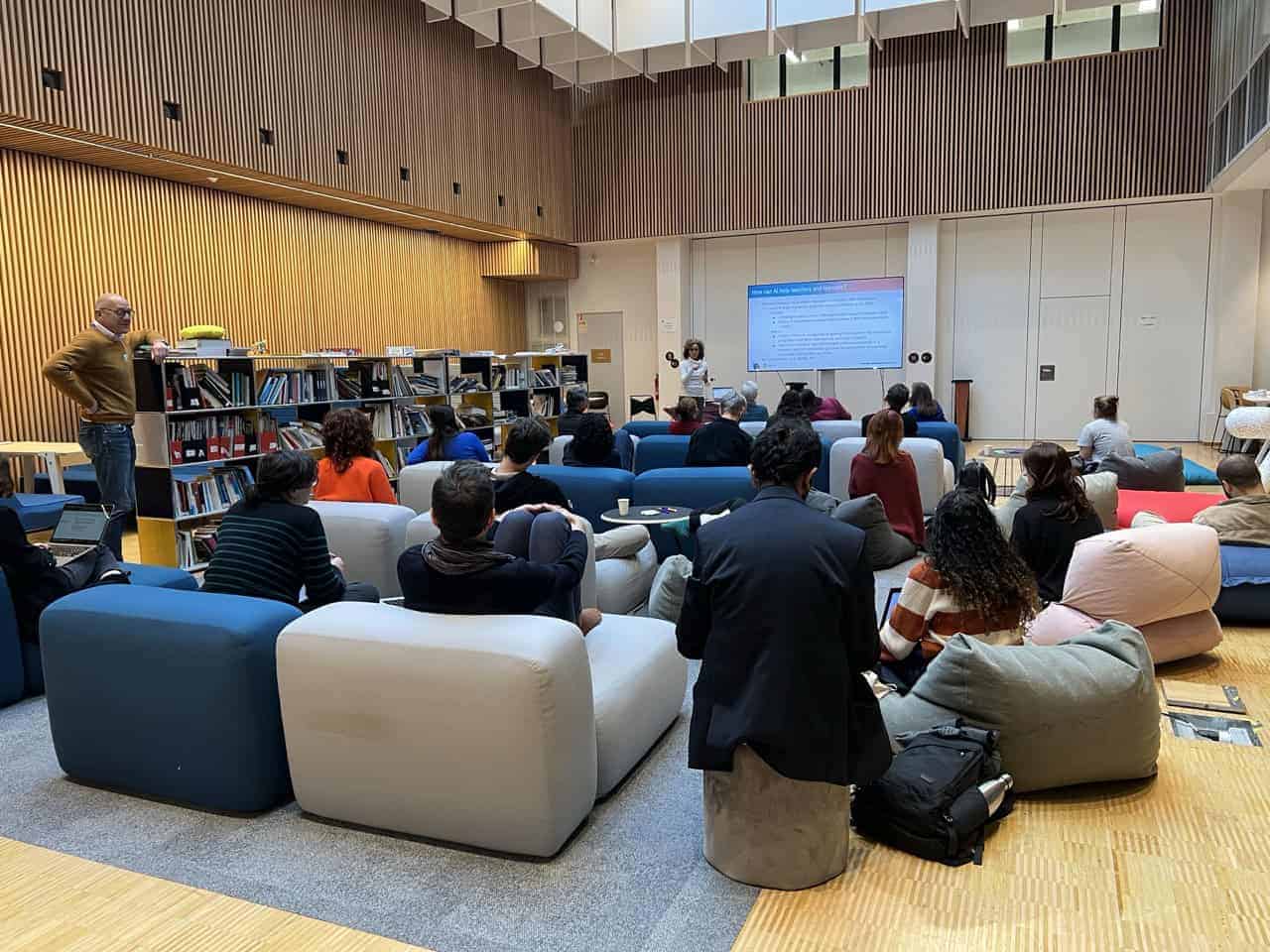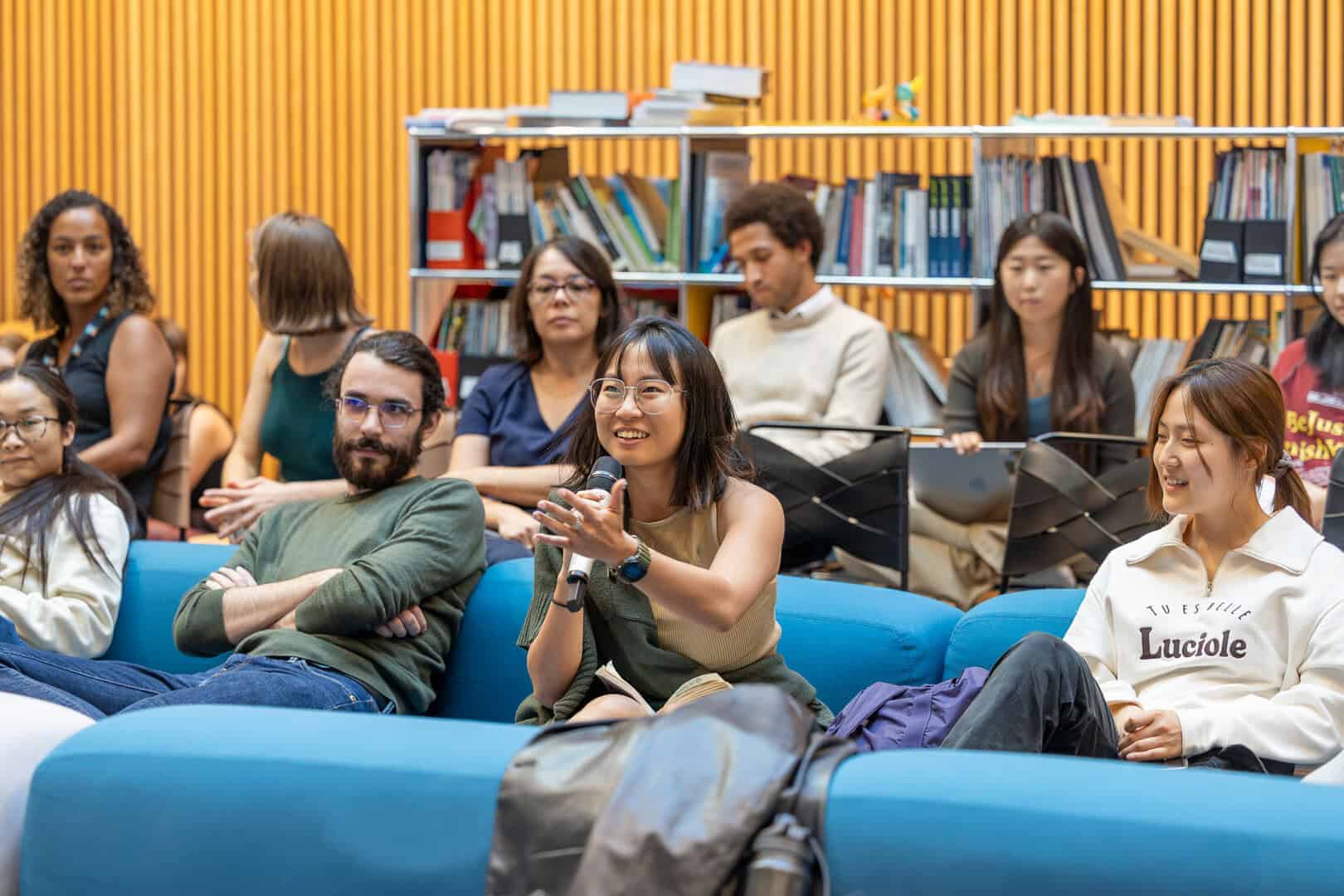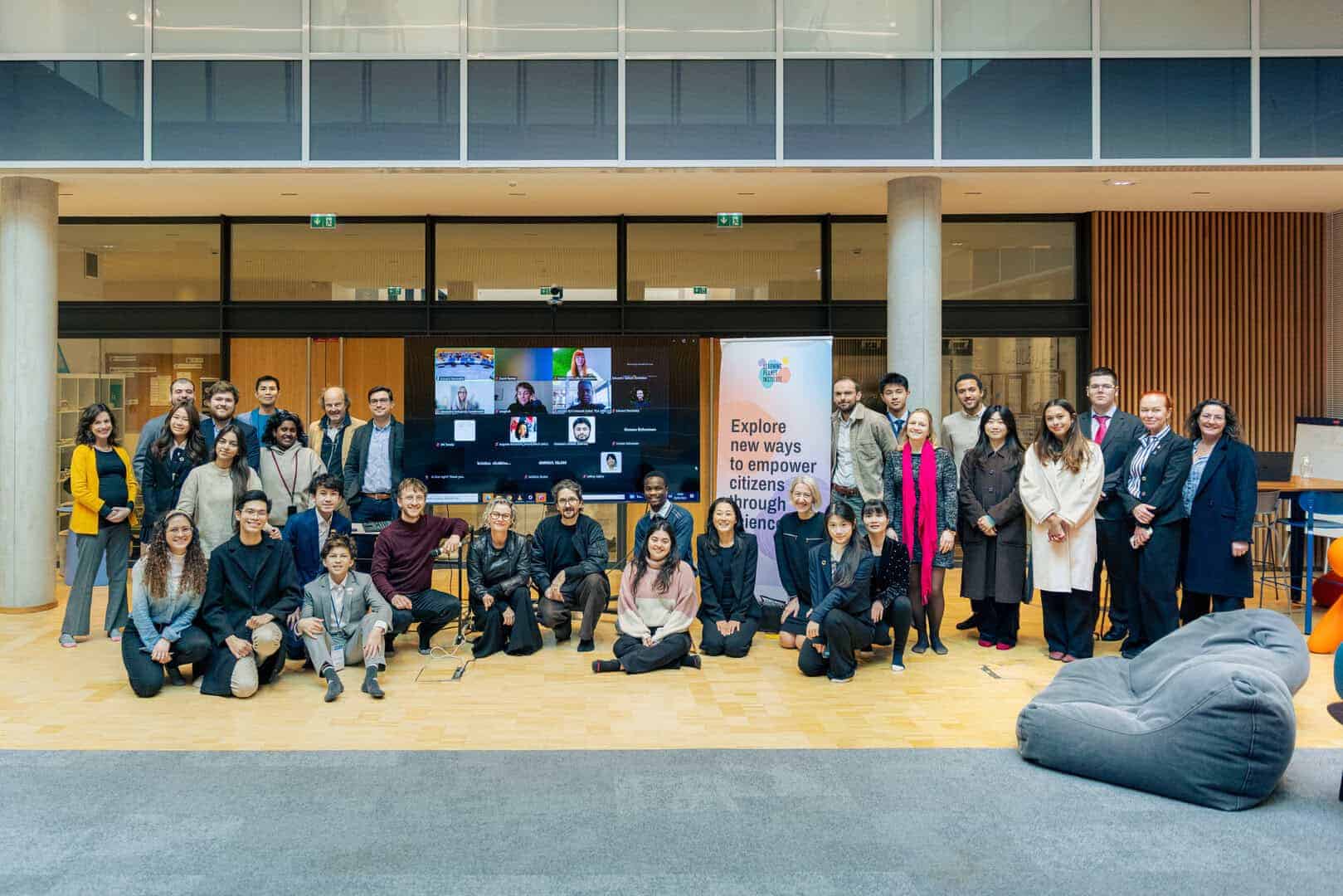At the United Nations Summit of the Future in September 2024, Member States adopted “the Declaration on Future Generations”, recognising the need to include young people’s voices in national and international decision-making processes. Among its commitments are calls to invest in education for all and to strengthen capacities to better anticipate and respond to future global challenges.
To meet these commitments, today’s education systems must be reshaped to help young people navigate the complexity of the world ahead.
Young learners need access to educational programs that combine collaborative problem-solving, critical thinking and sustainability science, so they can be better prepared to co-create peaceful and inclusive solutions to interconnected problems.
A strengthened partnership
In December 2023, the United Nations University (UNU) and the Learning Planet Institute signed a Memorandum of Understanding to jointly develop research programmes and improve access to education, with the goal of addressing sustainable development challenges in France and worldwide.
In late March 2025, seeking to deepen and expand this cooperation, UNU and the Institute launched a close collaboration around the project “United Nations University Hub on the Future of Learning with Youth in the Age of Artificial Intelligence (AI)”.
This new UNU Hub — the first of its kind in France — focuses on creating transformative learning experiences that inspire and empower young people to shape global peace. It aims to equip learners to become global citizens and responds to the need to co-create with youth by developing research, education and public policy initiatives that strengthen links between young people, Member States, and national and international organisations.
We believe it is more urgent than ever to empower young people to think and act in order to build desirable futures: futures where everyone can fulfil their potential, where young people participate in decisions that affect them, and where education focuses on the skills needed for the world to come.
The Learning Planet Institute aims to transform the ways we learn and teach, so that every learner becomes an engaged changemaker for peace and sustainability.
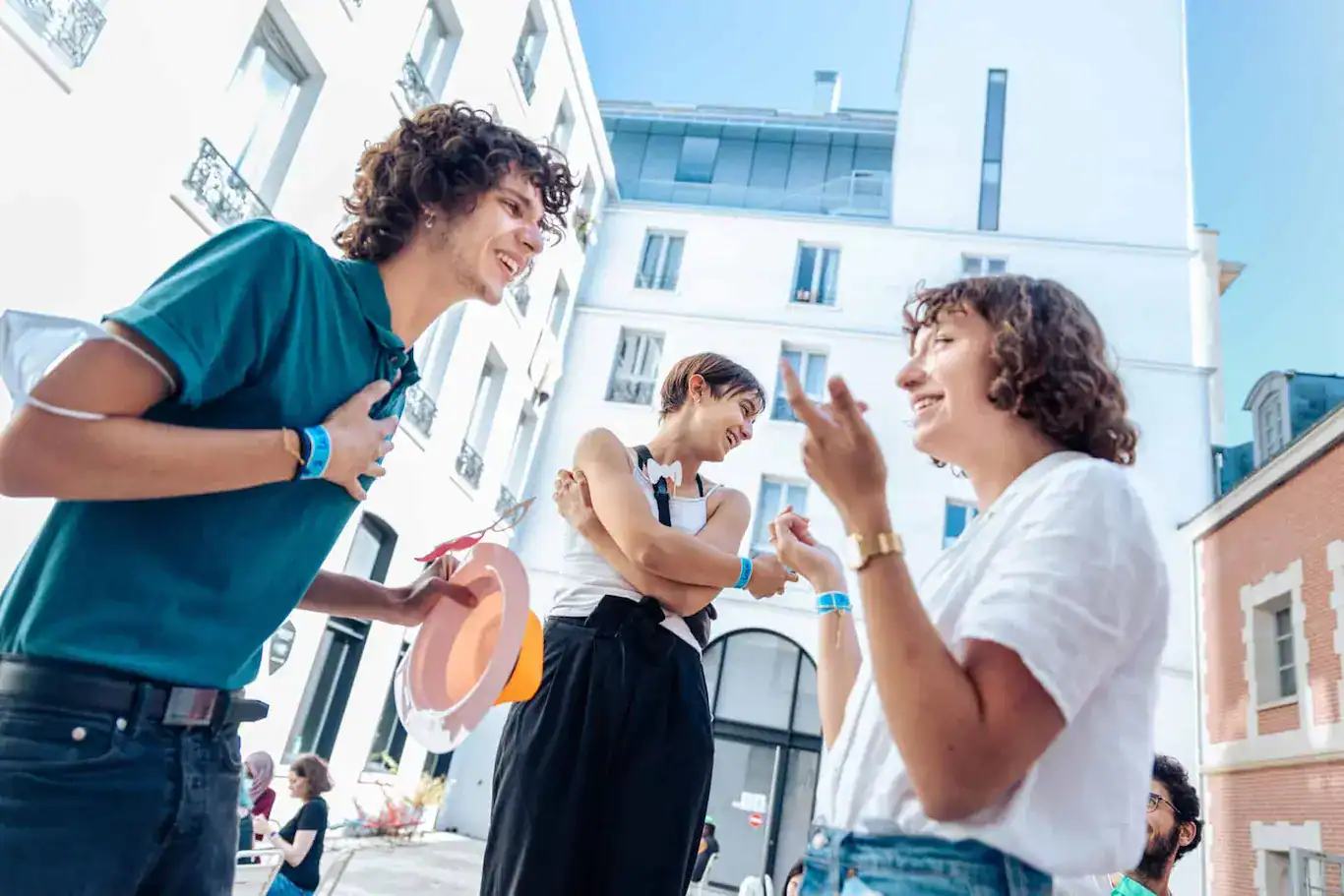
In collaboration with UNU-FLORES
The UNU Hub hosted at the Learning Planet Institute works closely with the UNU Institute for Integrated Management of Material Fluxes and of Resources (UNU-FLORES).
UNU-FLORES encourages scientists, practitioners and policy-makers to adopt the “Resource Nexus approach” — an integrated and sustainable framework that helps better understand the complex interconnections between natural resources, while highlighting its benefits for strengthening resilience and addressing global challenges related to peace, security and sustainable development.
Through its Knowledge Academy for the Resource Nexus (KARE), UNU-FLORES influences policy and practice by engaging young people through a wide range of educational offerings, from online learning to postgraduate programmes and capacity-building workshops.
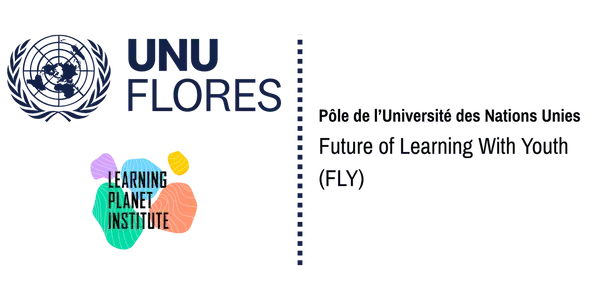
Three core pillars
Research, Development & Innovation
Education, Training & Capacity Building
Awareness, Advocacy & Impact
Key objectives
Strengthening youth participation and intergenerational co-design
Advancing evolutionary, human-centered learning.
Foster global partnerships and problem-solving skills.
Learning with AI
Given the growing potential of AI to enhance learning experiences, technology must complement and support human-centered approaches.
The aim is to harness AI to deploy effective teaching methods, offer personalised learning experiences and facilitate knowledge-sharing — while ensuring that educators and learners remain at the heart of the educational process.
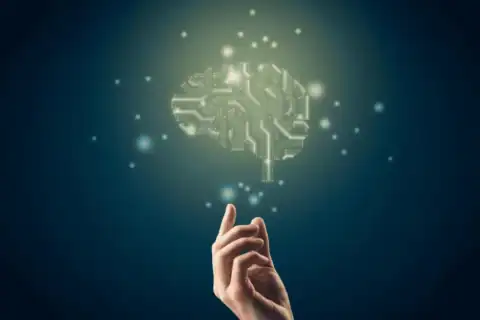
Young people at the heart of decision-making
On 24 April 2025, during his visit to our campus, the United Nations Assistant Secretary-General for Youth, Felipe Paullier, met with us to discuss shared priorities around youth engagement and inclusion in decision-making spaces.
This exceptional moment created a direct link between UN leadership and our youth community in France and around the world, both on site and online.
The visit concluded with a special Model United Nations (MUN) session — an educational simulation of the United Nations designed to train students in international negotiations — marking the pilot launch of ReModel UN, led by a cohort of students from the Pôle Léonard de Vinci.
Co-building with young people: our projects
Learning Planet Academy
"Traditional" education is no longer enough. We equip you for the future
Learning Planet Youth Design Challenge
A global call for innovative education projects, by young people and for young people
Peaceful Futures
Training young leaders to build peace
LP Lab International
Global learning, co-created with and for young people
The Learning Planet Institute is also a UNESCO category 2 institute.
